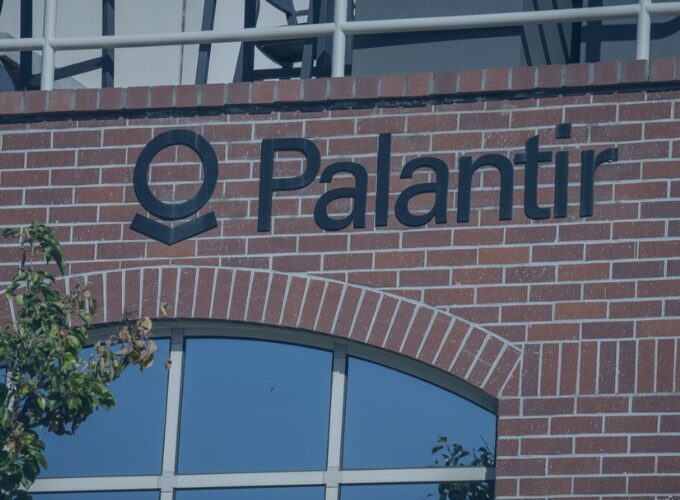
Becky Micallef
Let’s cut to the chase – the office work environment has undergone significant change. I won’t trace back to the Industrial Revolution, but instead consider the various office iterations experienced in the last thirty years. The officescape in the 90s and 00s was regulated—in the words of Dolly Parton, ‘working 9 to 5’— by using a time keeping device.
Punching in and out, every minute needed to be accounted for; board rooms were almost exclusively dominated by men; women culturally pressured into taking ‘career breaks’ whenever they had children. If you really wanted to climb the corporate ladder, extra hours were put in, no questions asked. The world of work was competitive, an employer’s market. Fast forward to our age and we are experiencing what is being called The Fourth Industrial Revolution.
Although sadly, most boardrooms are still dominated by men, a major shift was accelerated by technology. Today, work culture is employee-focused. First off, probably thanks to Gen-Zs and of course the pandemic, offices are increasingly prioritising mental health and well-being.
Whilst this might sound like a generalisation, hustle culture seems to have subsided. Employees are less interested in impressing their bosses if it means giving up their own personal time. Commitments to a fitness class or a hobby, time spent with families or friends, is today perceived—I’d like to say by both employee and employer—as benefitting work culture and work output.
Flexible work arrangements and the ability to work remotely have allowed for parents to share parental responsibilities with more equality, enabling women to remain in the workforce, which in itself is a necessary public good. This draws us to the fundamental crux of the shift in work culture— does the ‘9 to 5’ model still serve us or are we in need of a more sustainable way of work?

Our laws establish a full-time working week of 40 hours. Before we ever thought about the concept of telework or remote work, measuring those 40 hours was simple: I see you at your desk for the entire working day, therefore you are working. You might be stalking your ex-partner’s profile, completing an online order, looking for another job or populating your Pinterest board, but your presence at the office means that you are accounted for.
Now that companies are allowing flexible working arrangements that include starting earlier or later, working less hours or working away from any watchful eye, is timekeeping still the best way to measure work?
The keyword here is trust—we are operating on the basis that an employer can trust that employees are carrying out the same level of work, within their private quarters, within the pre-agreed, contractual amount of time. This is a tough one, considering the culture workplaces have been built on. Do the mice play whilst the cat’s away?
Or will the time and freedom; the flexibility given, create a better sense of loyalty and enhance productivity? Is hourly productivity still relevant in job roles that do not entail physical or manual duties? Is the time of day I choose to work in or the time it takes me to complete a project, more relevant than the quality of work produced, if submitted within a deadline given to me by a superior?
Any shift will need to occur within defined parameters – employers and managers will still need to quantify tasks in some way, and the easiest way to do so is through an estimated time of completion, within a margin of error. But bearing in mind the increased use of A.I. technology, which will facilitate our working lives tenfold, and an increased drive towards a better work-life balance, the scale tipping more towards the ‘life’ than ‘work’, will it finally be possible to move away from the 40 hour model?

Any major shift comes with its own set of challenges. Firstly, managers will require further training on how to manage their teams remotely – having had some experience during the pandemic is not enough, as throughout those months most companies were operating on ‘survivor mode’ basis.
Useful skills in this regard would include for instance, how to keep track of an employee’s to-do list and checking in at least once a day to ensure open communication and clarity of instructions. Secondly, managers will need to be able to give reasonable deadlines or break down projects into milestones, and assess the quality delivered on a regular basis.
Constant feedback and communication here is essential and this should apply irrespective of whether the employee works from the office or a remote location.
Thirdly, and perhaps the hardest one, is for managers to ‘unlearn’ the strict 9 to 5 work culture, and be open to flexible working options with some agreed rules in place – for example the introduction of core hours to ensure reachability within a particular timeframe.
One thing’s for certain, employers cannot bury their heads in the sand and ignore the incoming, inevitable shifts in the world of work. Doing so risks not only losing out on top talent at the recruitment stage, but also haemorrhaging current top performers and future leaders.
Becky is the HR Manager at Alf. Mizzi & Sons Marketing Ltd, (AMSM) the largest operator in sales, distribution and marketing of brands in Malta. With a background in law, Becky leads a department which is responsible for over 500 employees, where her primary focus is enabling a work culture that puts people first
You Might Also Like

Latest Article
US Lifts Restrictions on Chip Design Software Sales to China After Trade Deal
The United States has removed export licence requirements for semiconductor design software sales to China, following the finalisation of a new trade agreement aimed at easing tensions between the two countries. The US Commerce Department notified three major software providers—Synopsys, Cadence Design Systems, and Germany’s Siemens—that they no longer need approval to sell their electronic … Continued
|
3 July 2025
Written by Hailey Borg

Tesla Reports Sharpest-Ever Annual Sales Decline Amid Political Backlash and Growing Competition
|
3 July 2025
Written by MeetInc.

Palantir Executive Says Company Is ‘Building the Next AWS’ As It Expands Commercial Push
|
2 July 2025
Written by MeetInc.










